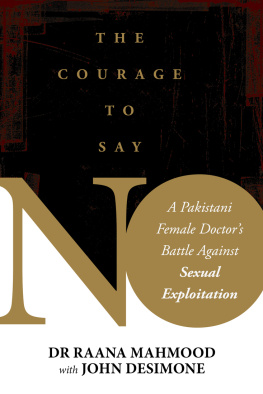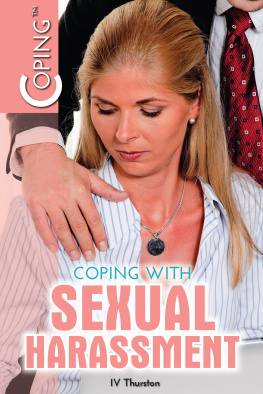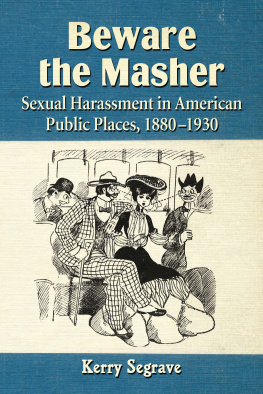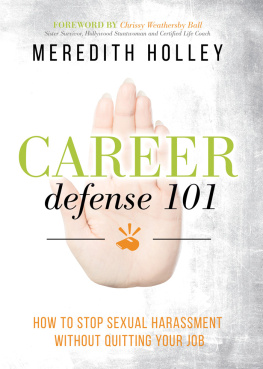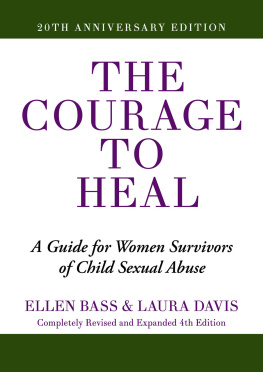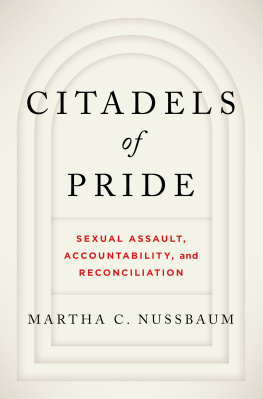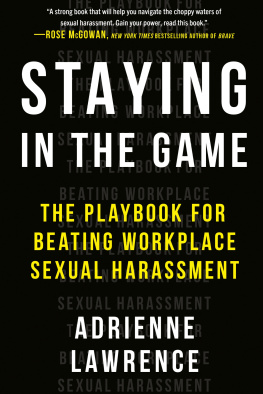

Copyright 2019 by Raana Mahmood and John Desimone
All rights reserved. No part of this book may be reproduced in any manner without the express written consent of the publisher, except in the case of brief excerpts in critical reviews or articles. All inquiries should be addressed to Skyhorse Publishing, 307 West 36th Street, 11th Floor, New York, NY 10018.
Skyhorse Publishing books may be purchased in bulk at special discounts for sales promotion, corporate gifts, fund-raising, or educational purposes. Special editions can also be created to specifications. For details, contact the Special Sales Department, Skyhorse Publishing, 307 West 36th Street, 11th Floor, New York, NY 10018 or .
Skyhorse and Skyhorse Publishing are registered trademarks of Skyhorse Publishing, Inc., a Delaware corporation.
Visit our website at www.skyhorsepublishing.com.
10 9 8 7 6 5 4 3 2 1
Library of Congress Cataloging-in-Publication Data is available on file.
Cover design by Qualcom Designs
Print ISBN: 978-1-5107-4224-6
Ebook ISBN: 978-1-5107-4225-3
Printed in the United States of America.
To the Prophet Mohammed, peace be upon him, who teaches his followers to respect women.
And all those men in the entire world, including my father and son, who respect women.
You dont get frightened of these furious, violent winds, oh Eagle! These blows only to make you fly higher.
Allama Iqbal, 786
Contents
CHAPTER 1
Learning to Say No
I FIRST LEARNED OF THE POWER in the word no from Father. I was no more than seven years old, sitting in the drawing room of our home in Karachi on a Sunday morning, doing what I was the best atreadingwhen I heard voices in the other room. Two men were at the door of our house; they were insisting that they speak to Father, whose name was Mian Mahmood Ali Chaudhry, about an important matter. He greeted them and invited them into the room where I was reading.
On Sundays, we were all at home. My sister worked in the kitchen helping Mother, who never asked me to help in the kitchen, as if she had a sense of impending doom that something bad would happen to me if I were to be around fire or water. On that particular day, I was engrossed in my favorite book, The Adventures of Sherlock Holmes . My brothers were outside playing cricket in the street. Usually, I would be outside too, playing and running with my friends. But earlier, I had brought many books from the Frere Hall library, so I was inside reading.
I loved listening to Father speak about his business. Father never asked me to leave the room when that happened, and now I sat attentively at the far end of the drawing room as he spoke to the two men. Father practiced criminal law, and he often defended men falsely accused of crimes. These men were here to discuss one of his clients, a man who had engaged Fathers services to defend himself against serious accusations. Their voices were low, even friendly. They wanted to convince him to do something. One of the men Father knew already because that man also practiced law. They spoke in familiar tones.
Father was a man of iron will, whom I greatly admired. Father scrutinized his guests with the wary glare of an experienced advocate as I had often seen him do with others. His jaw set, hard as a rock, as he listened. When they were finished, he spoke.
No, I cannot do that, Father said without anger; instead, his voice was filled with a determination that he would never acquiesce to their requests. The details of their mission became clear to me as they further presented their arguments. Father was defending a politician against charges of corruption. Father had taken the case only because he believed the man to be innocent. This much I already knew. But these men wanted the fraud charge to stand; they wanted Father to lie in court, or to make his case so weak he could never prevail.
Evil politicians in our government often used false accusations to defame and discredit honest politicians who stood in their way. This way of doing politics was deeply rooted in my country, from top to bottom. Honest people became obstacles to those who unjustly wanted to have their way, so they must be pushed aside.
The men offered Father a large sum of money to prejudice his clients case, to make sure he did not win. Later, Father told me that the two men offered him more than twelve times what his client had agreed to pay him.
No, I wont do that, he repeated, his voice as firm as ever. He was known as a man of his word. Dont you people know that those who give and those who take bribes will go to Jahannum ? Now, you must leave my house.
One of the men laughed brusquely. Ha Ch. Sahib, you dont look like a religious person. You have no beard, you wear Western clothes, but you talk about religion.
Islam is in my heart, Father said. I dont need to pretend.
Father rose to his feet. He was tall, toned and athletic, clean-shaven, with neatly combed black hair, and the clear brown eyes that could break stone when he stared at you. Even at home, working in his office down the hall, he wore a suit and tie, because neighbors often came over to ask for help.
It is most unusual for a Pakistani to ask a guest to leave his home, particularly in our home, where hospitality was central to our life. Father had said no to these mens fraudulent scheme, and now there was no more welcome here. At that moment, when Father insisted they leave, I felt a surge of warmth. I was proud of his courage, of his willingness to stand up to corrupt men. Though I was only seven, I understood the strength it must take to say no. I felt as if I stood on a mountaintop, breathing clean, fresh air.
The men left, and Father closed the front door. He strode by me, through the room, and into the kitchen, where Mother prepared our dinner. There was confidence in each of his steps, his shoulders squared and unburdened; his conscience was not burdened.
A few days later, I was again reading. Mother, the beautiful Ridha, always gracious and kind, settled into the kitchen to cook the familys favorite foods for the evening meal. She did not ask me to help her in the kitchen, though many of my friends were in their mothers kitchens learning to cook, helping to clean. Father never allowed me to clean the house, to wash the dishes, and Mother did not want me around the fire we used to prepare food. She wouldnt even let me open the oven door. She insisted that I see to my books and continue my studies. I was the top student in my grade at school.
Guests arrived at our door, and Mother rushed by me. She ushered several women into the living room, where she greeted guests. They were polite and kind. They had brought her giftsgold necklaces, gold rings, bangles, and bracelets along with other exquisite jewelry. Their laughter was familiar and inviting, and they were friendly and gracious with their gifts. Mother wanted to know why they would bring her such gifts when she did not like to wear any of this.
In reply, they asked a small favor of her. She only needed to persuade Father not to help his most important client with his fraud case. It was a little thing, they said, that Father should help them in this way. These visitors wanted her to influence him, to get Father to understand how beneficial it would be for her family if his client lost his case. They promised that their husbands would refer more cases to Father in the future.
Mother was silent. I surmised she considered how she would respond. In her quiet way, she told them she could not do what they wanted. But they were persistent. They laid out many pieces of gold on the table in front of her. One woman placed a few sparkling pieces in her hands, Ridha, look here. All this jewelry is made of twenty-two-karat gold.
Next page
